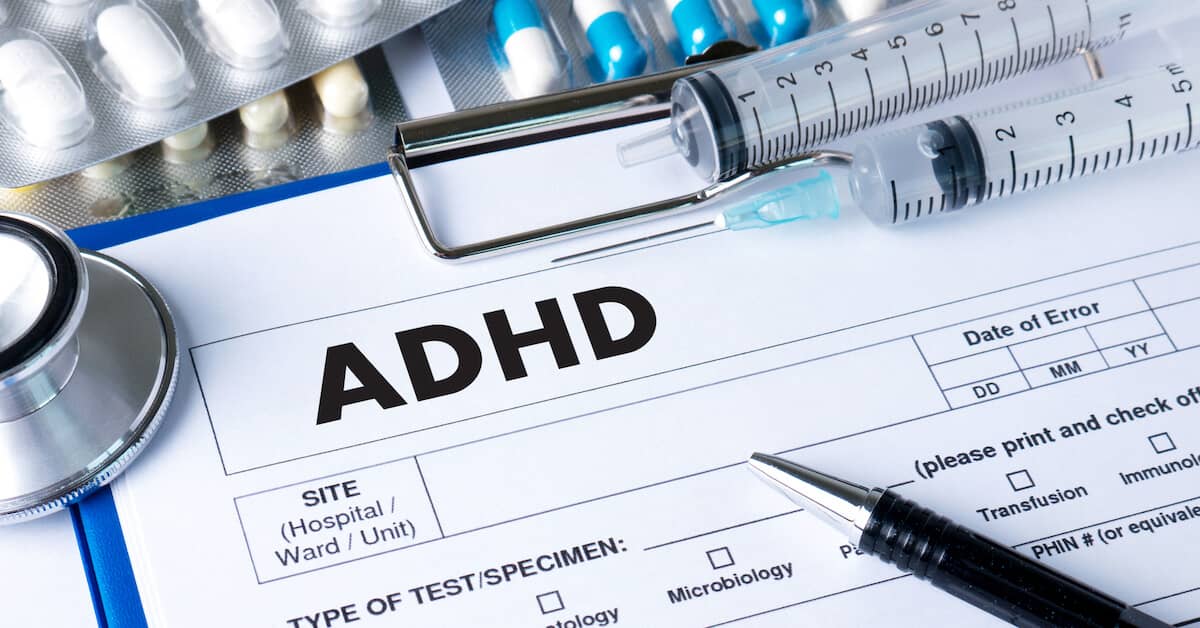
Modest Cognitive Improvement
Scientists based at Imperial College London, University College London, and the University of Cambridge published a review of the research in the Journal of Neurology, Neurosurgery and Psychiatry in July. The team analyzed nineteen clinical trials in patients with Alzheimer’s and mild cognitive impairment, settling on ten containing 1,300 patients that met their criteria. They found the ADHD drugs did improve general cognitive ability compared to placebo. The effect was significant but modest, however, with a standardized mean difference of 0.14. For comparison, cholinesterase inhibiting drugs - which are sometimes prescribed for Alzheimer’s patients to raise low concentrations of the neurotransmitter acetylcholine to improve memory, attention, and concentration - have a difference of 0.38. Professor David Smith, Professor Emeritus of Pharmacology, University of Oxford, thought the change with the ADHD medication was “probably not clinically relevant.” But Dr. Andrew Reid, Assistant Professor of Psychology at the University of Nottingham, took a different view. Dr. Reid believes the noradrenergic system “is a promising new avenue of research [because] there is a lot of accumulating evidence that this system is changed very early on in the disease, which is exciting because it suggests a way to identify individuals at risk and treat them much earlier than is currently possible.” Dr. Reid believes there’s “good evidence” that the effects ADHD drugs have by increasing levels of the neurotransmitter, norepinephrine, can really help patients. But that’s not all. The review also examined the effects of ADHD drugs on what has been described as “the forgotten symptom of dementia,” even though it affects a high number of patients.Improves Motivation
The London team looked at eight trials with a total of 425 patients to see if the ADHD drugs helped lack of motivation or apathy, a common symptom of dementia. This time there was a large improvement with a score of 0.45. This was an important finding because no approved drugs treat this aspect of the condition. Jim Ray at the University of Texas MD Anderson Cancer Center explained, saying, “If there was a treatment that could improve motivation, particularly in patients where that’s a really big concern, I think that would be extremely useful, and I think that’s the potential impact of this publication (of the research)." Michael David at Imperial College London, who led the research, explained, saying, “I think these results certainly show promise with regards to the potential benefits in targeting this neurotransmitter system. “Clearly, [the drugs] are not a cure, but people with Alzheimer’s can live for a long time, so, if you can make any difference, especially early on, then you have the potential to impact them and their loved ones for quite a few years.” The London team was so encouraged by the results they’ve already started a trial to see if the ADHD drug guanfacine will help Alzheimer’s patients.My Takeaway
This is exciting news. I think the research is promising enough that if I or someone I loved had Alzheimer’s disease, I’d talk to my doctor about these studies and see if he or she would be willing to prescribe an ADHD medication to see if it’s helpful. While these drugs do have side effects, they are mild and reportedly resolve after a few weeks as the body adjusts. In my view, patients don’t have anything to lose.- https://jnnp.bmj.com/content/early/2022/07/13/jnnp-2022-329136.long
- https://www.newscientist.com/article/2327464-drugs-used-to-treat-adhd-and-depression- may-ease-alzheimers-symptoms/
- https://www.sciencemediacentre.org/expert-reaction-to-systematic-review-and-meta-analysis- looking-at-the-evidence-of-whether-noradrenergic-drugs-may-be-able-to-treat-symptoms-of- alzheimers-disease/
